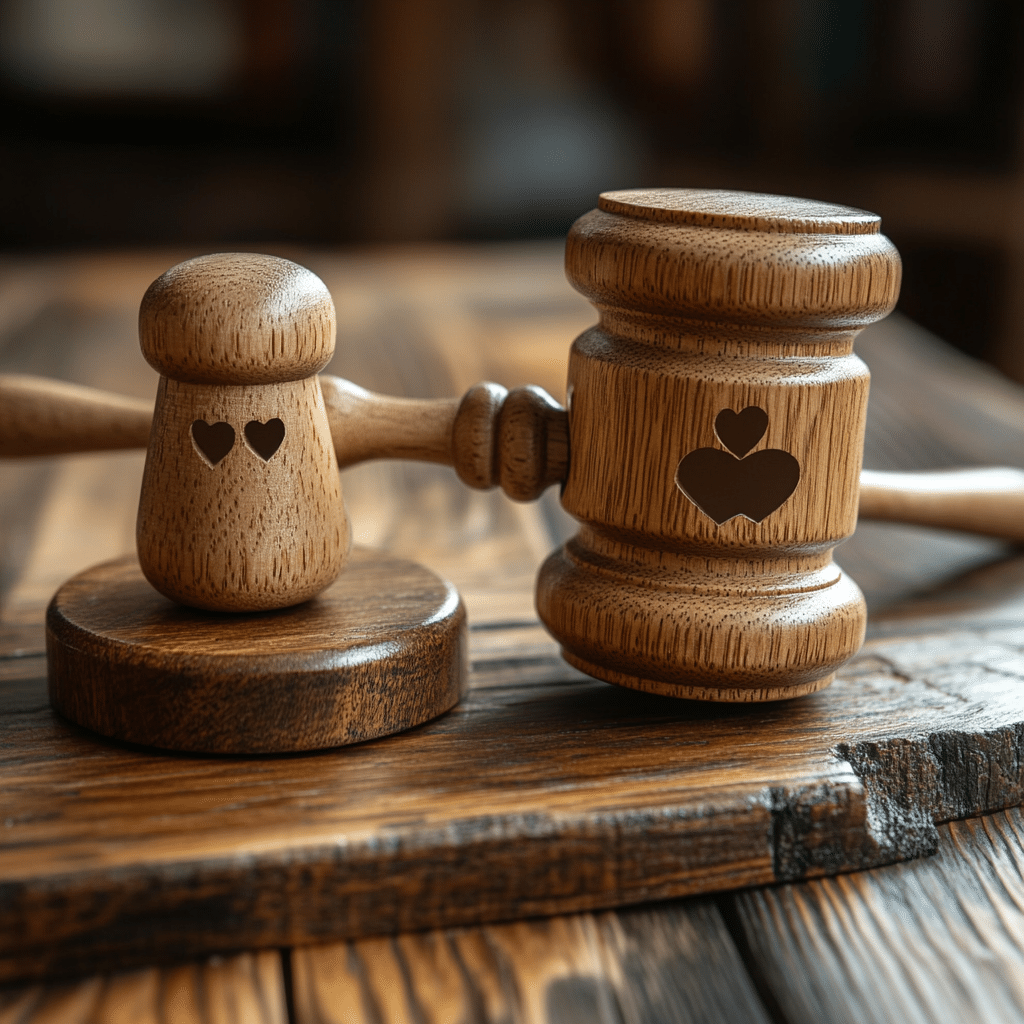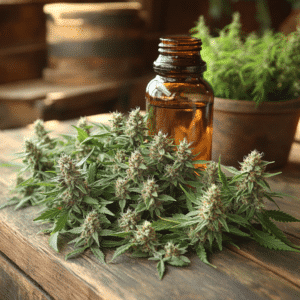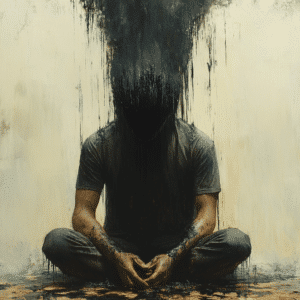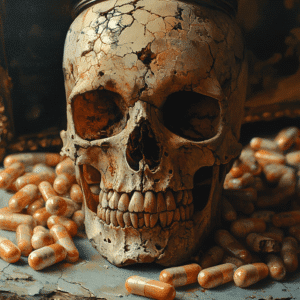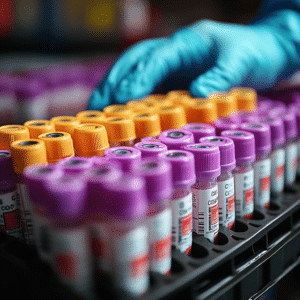Child protection laws are vital regulations designed to shield minors from abuse, neglect, and exploitation. These laws serve as a backbone for child welfare practices across the globe, allowing professionals and communities to come together for the safety of children. At Mothers Against Addiction, we’re deeply invested in the wellbeing of families dealing with children’s struggles with addiction or coping with the loss of a child to addiction. We believe that understanding child protection laws is essential for creating a safer environment for all children.
Understanding Child Protection Laws: A Comprehensive Overview
Child protection laws vary widely from state to state and country to country. These variations often reflect the cultural attitudes and societal values surrounding child welfare. The essence of these laws is to protect minors by providing avenues for intervention when they’re at risk. As a support organization, we recognize that these laws can often feel overwhelming, especially for parents already grappling with the challenges of addiction.
With a long history of evolution, child protection laws are no longer a concept confined to legal texts. Instead, they now embody the collective conscience of a society that increasingly recognizes the necessity of safeguarding our children. This brings us to the historical significance of key legislative reforms that set the stage for modern child protection.
The Evolution of Child Protection Laws
Child protection laws have seen substantial changes over the years. Here are three crucial acts that have played pivotal roles in shaping these laws:
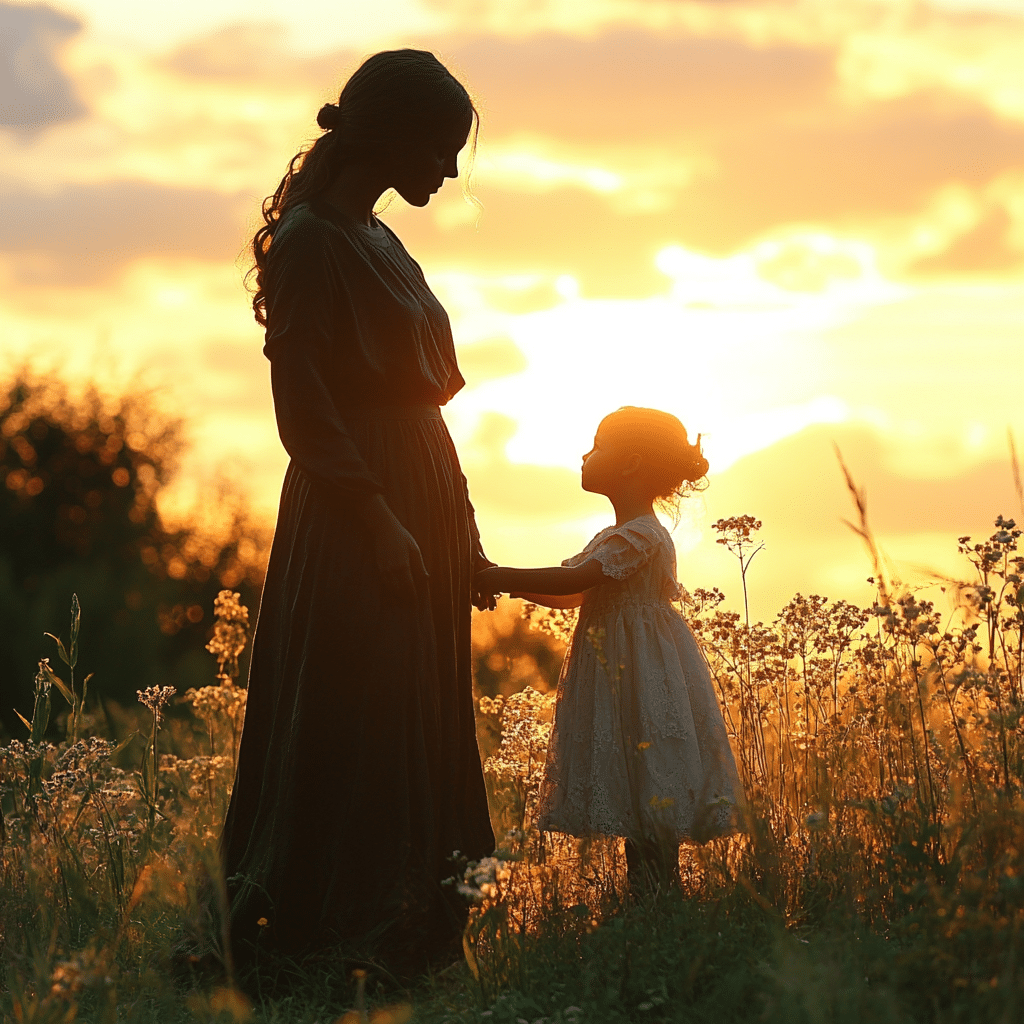
Top 7 Key Components of Child Protection Laws
Knowing the key components of child protection laws can empower communities and help parents navigate these complexities. Here are seven vital elements that form the foundation of these laws:
Specific professionals are mandated to report any suspected abuse, creating an alert system that can intervene before things get worse.
Criminal background checks ensure that anyone working with children does not have a history that poses a risk, thus fostering a secure environment.
These safe spaces allow children to report abuse in a supportive manner, with a collaborative approach from law enforcement, social services, and medical professionals.
These services focus on keeping families intact while providing resources to prevent abuse, emphasizing rehabilitation instead of a harsh punitive approach.
Stringent regulations monitor the quality of care in foster placements. Regular checks and training ensure that the standards of care remain high.
It’s crucial that children have legal advocates, known as guardians ad litem, tasked with representing their best interests in courts.
Campaigns educate communities about identifying abuse and reporting it, such as the Darkness to Light initiative that emphasizes the collective role we all play in safeguarding children.
The Role of Technology in Enhancing Child Protection Laws
As we step further into the digital age, technology significantly enhances child protection mechanisms. Systems and tools have emerged that streamline intervention methods and reporting processes.
The tech solutions don’t just bring efficiency; they bring hope. They enable parents and concerned individuals to act swiftly in unsafe situations, ensuring that children receive the help they need.
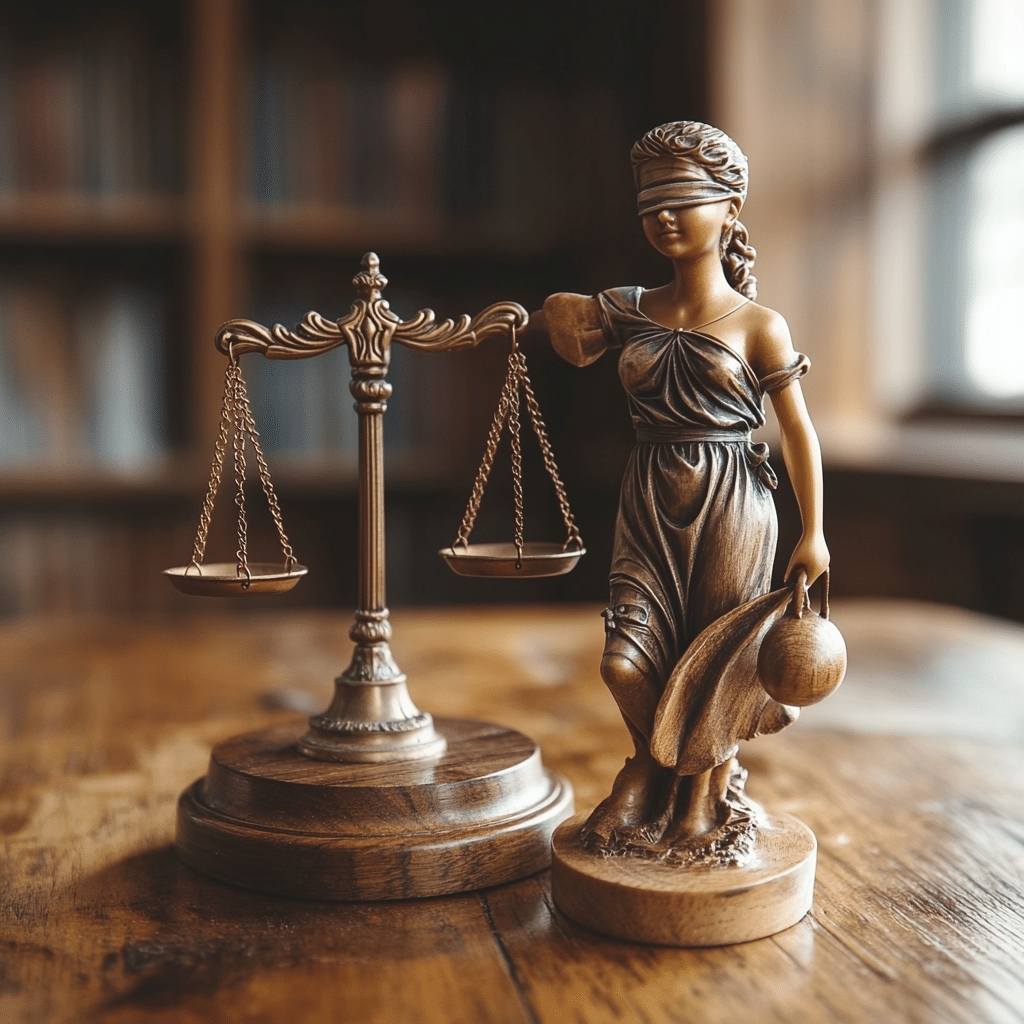
Innovative Strategies for Future Child Protection
The future of child protection laws must continue to adapt and grow, especially in light of emerging challenges. It’s essential to foster collaborative efforts between government agencies, NGOs, and local communities.
One promising strategy is establishing Community Child Protection Networks (CCPN). These networks utilize local resources effectively, taking on a proactive stance in monitoring child welfare. Conversations that directly involve children about their rights can empower them while also fostering a sense of security and ownership over their well-being.
Finally, we must emphasize that Mothers Against Addiction stands firm in advocating for the comprehensive understanding of child protection laws as part of our commitment to fighting for our children’s rights. By bridging gaps and connecting resources, we enrich the lives of families navigating addiction and grief.
In conclusion, child protection laws are essential for safeguarding minors from abuse and neglect. While progress is evident, ongoing adjustments and thoughtful engagement are key. Our collective efforts—anchored in community awareness, technological advances, and supportive networks—will create an environment where all children feel cherished, safe, and supported.
Child Protection Laws Safeguarding Minors From Abuse
Understanding Child Protection Laws
Child protection laws play a vital role in safeguarding minors from abuse and neglect. These laws create a framework to protect kids and ensure their basic rights and needs are met. For instance, did you know that a significant number of child welfare cases are tied to parental substance use problems? In the workplace, addiction can spill over into home life, leading to neglect or abuse situations. It’s a cycle that law aims to break, emphasizing the importance of early intervention through various support systems.
Speaking of systems, child protection laws also outline mandatory reporting requirements. Educators, healthcare professionals, and even family members are often legally required to report suspected abuse. This helps to create a safety net for children who may otherwise suffer in silence. One case that might ring a bell is the ongoing discussion about privacy laws in addiction treatment. Protecting individuals is crucial, but children are particularly vulnerable and deserve special attention. It’s fascinating how these laws are crafted to balance individual confidentiality with the safety of minors.
Trivia About Child Protection Methods
Here’s where it gets interesting! Child protection laws vary widely from state to state, reflecting different community values. Some states focus heavily on rehabilitation programs for parents experiencing addiction And criminal law issues, while others may lean more towards removing children from perilous environments. The approach can sometimes seem systematic yet can feel bewildering, especially to families in crisis. To illustrate, programs that support families are vital, as they help keep families together rather than split them apart due to misunderstandings or stigma – a situation akin to the heart-wrenching stories we’ve often seen in films, like Notes on Your Sudden Disappearance.
Moreover, various child welfare agencies are mobilized in this effort, creating a network of support to ensure children are safe. Interestingly, aside from legal aspects, community initiatives like outreach programs can lead to more effective safeguarding efforts. An intriguing example might include educational campaigns that address alarming trends in modern communication, such as the impact of platforms like Telegramme Nudes on minors. Combating exploitation and ensuring safety online is just as important as watching for harmful behavior offline.
Closing Thoughts on Child Protection Laws
In conclusion, child protection laws serve as a crucial line of defense for minors. They lay down the groundwork for intervention and support, and understanding these laws can empower parents and guardians to advocate for their children. As families face challenges like addiction – sometimes unseen, like a character from Penguin Gotham, navigating a shadowy world – knowledge is power. Ultimately, engaging with these laws can spark meaningful change in a child’s life, giving them a fighting chance for a healthier future. And as society learns and evolves, these laws must adapt to ensure every child’s safety and wellbeing—certainly a topic worth paying attention to!

What laws protect children in the United States?
Every state has laws to protect children from harm, including laws against child abuse and neglect. These laws cover different forms of abuse like physical, emotional, and sexual, ensuring that kids have a safe environment to grow up in. There are also criminal assault laws that protect anyone from physical assault, but child abuse laws focus specifically on kids.
Does Florida have child protective services?
Yes, Florida has a system in place called Child Protective Services (CPS) that looks into reports of abuse, neglect, and abandonment. They take calls from the Florida Abuse Hotline to investigate these serious situations and ensure children are safe.
How to report child neglect anonymously in Georgia?
To report child neglect anonymously in Georgia, you can contact the Georgia Division of Family and Children Services. You can call their 24-hour hotline at 1-855-GA-CHILD, and they’ll take your report while keeping your identity safe.
What does the 14th Amendment say about children?
The 14th Amendment talks about equal protection under the law, which includes protecting children’s rights. It aims to ensure no child is unfairly treated or denied rights based on things like race, color, or previous conditions of servitude.
What is the Protect Our Kids Act?
The Protect Our Kids Act is a piece of legislation aimed at improving child welfare systems and enhancing the safety and well-being of children. It focuses on preventing child abuse and strengthening support for those affected by it.
What can CPS legally do in Florida?
In Florida, CPS has the legal authority to investigate reports of abuse or neglect, and they can also provide services to help children and families in need. They can create safety plans for children and intervene when necessary to keep kids safe.
What’s the difference between DCF and CPS?
DCF, or the Department of Children and Families, operates in Florida and is responsible for child protective services. CPS is a division under DCF, focusing specifically on investigating abuse and neglect cases.
What is the Child Protection Act in Florida?
The Child Protection Act in Florida is designed to safeguard children from abuse and neglect. It lays out the responsibilities of agencies and professionals involved in protecting children’s welfare and the processes they must follow when concerns arise.
When a child tells you about being abused or neglected you should?
When a child tells you about being abused or neglected, it’s crucial to listen carefully and believe them without judgment. Make sure to report the situation to the appropriate authorities right away, as they can take the necessary steps to protect the child.
What is CPS called in Georgia?
CPS is referred to as the Division of Family and Children Services in Georgia. They handle reports of child abuse and neglect and work to ensure families get the help they need.
When should I call CPS in Georgia?
It’s best to call CPS in Georgia when you suspect a child is being abused or neglected, if a child is left unsupervised, or if you know of any situations where a child’s safety is at risk.
What is the child protection system in the US?
The child protection system in the U.S. is a network of laws and services that work together to ensure children are safe from abuse and neglect. It includes federal and state laws, agencies like CPS, and various support services.
What are the US rights of children?
In the U.S., children have rights just like adults. These rights include the right to a safe home, access to education, freedom from abuse, and the right to be heard in matters that affect them.
What is the US child privacy law?
The U.S. child privacy law, known as COPPA, protects children under 13 from having their personal information collected online without parental consent. It aims to give parents control over the information that websites and online services can collect about their kids.
What does the Constitution say about protecting children?
The Constitution emphasizes the need to protect children, though it does not provide specific provisions just for them. However, interpretations of constitutional rights have been extended to ensure children receive protection and fair treatment under the law.

